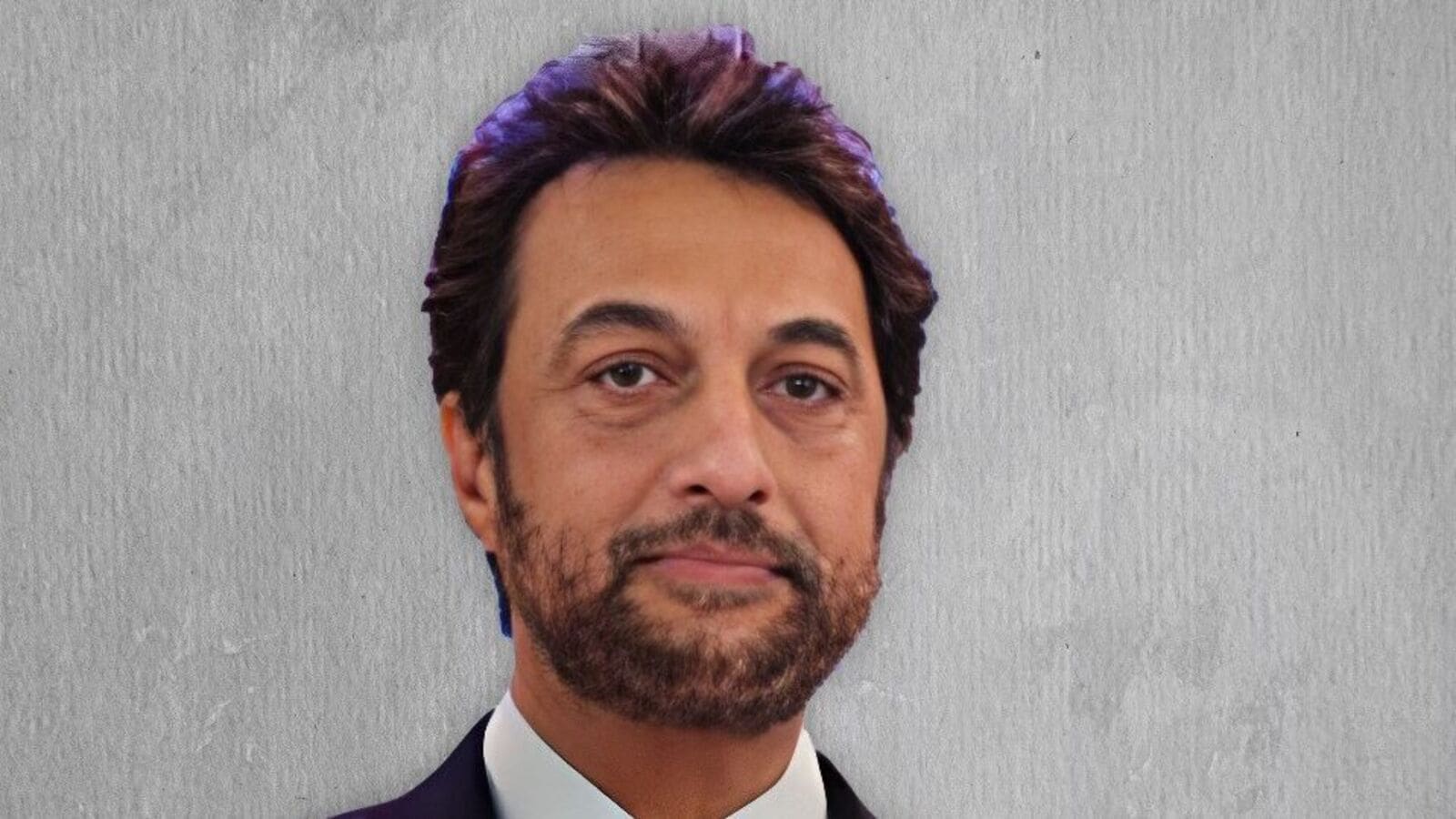indian stock market It performed impressively last Samvat, with the benchmark Nifty 50 rising nearly 25 per cent. However, according to Shankar SharmaSamvat 2081 could be a challenging year with moderate to negligible returns for the well-known investor and founder of AI-tech company GQuant.
“India’s performance over the past year has been extraordinary, to say the least, and frankly, a bit beyond my expectations. I think the year ahead will be more challenging than investors are willing to accept.” Sharma said,
Sharma indicated that the end of the bull market may be near. He said that the Indian stock market has been on a continuous bullish trend for the last four years and generally bullish markets lose their momentum between five to six years.
He said, “We’ve had four amazing years of bull markets, and typically bull markets end between five and six years. That doesn’t necessarily mean a bear market. It just means moderate to negligible.” “Could be a year of returns.”
Thoughts about the Indian market
Sharma underlined the inflated valuations of the market. He highlighted that the Indian market has always been highly valued compared to most emerging markets, but one should be cautious about overvalued markets.
At this time, Sharma is positive about the Chinese market.
“China is one such market because it has underperformed for a very long time. I believe it is at an inflection point, and the returns from China over the next few years could be much higher than the returns from India. Is.” He said.
He believes investors should remain cautious due to weak corporate earnings and slow economic growth.
“We should be cautious about the GDP growth data because I believe we are in for a softening of the GDP growth data due to slowing government capital expenditure,” he said.
investment strategy
Sharma said his investment style is to bet on 25 to 50 small and very small market-cap companies and he is not interested in large-cap stocks as they have little scope for growth.
“For me, there is no interest in the large-cap segment because these are companies that have already become very large relative to the size of the economy, and the headroom available for larger growth is quite limited. “There are small caps too, and I am willing to take the risks and significant losses that come with small-cap investing,” Sharma said.
“M’s investment strategy will remain unchanged for the next 12 months, which is to buy a basket of 25 to 50 small and very small market cap companies. I know that even in the worst markets, I’m going to find at least five of those Stocks which give massive returns and which will compensate for my losses far more than my poor returns,” Sharma said.
Read Shankar Sharma’s full interview Here
Disclaimer: The above views and recommendations are those of individual analysts, experts and brokerage firms, and not of Mint. We advise investors to consult certified experts before taking any investment decisions.
catch ’em all business News , market news , today’s latest news events and latest news Updates on Live Mint. download mint news app To get daily market updates.
MoreLess













